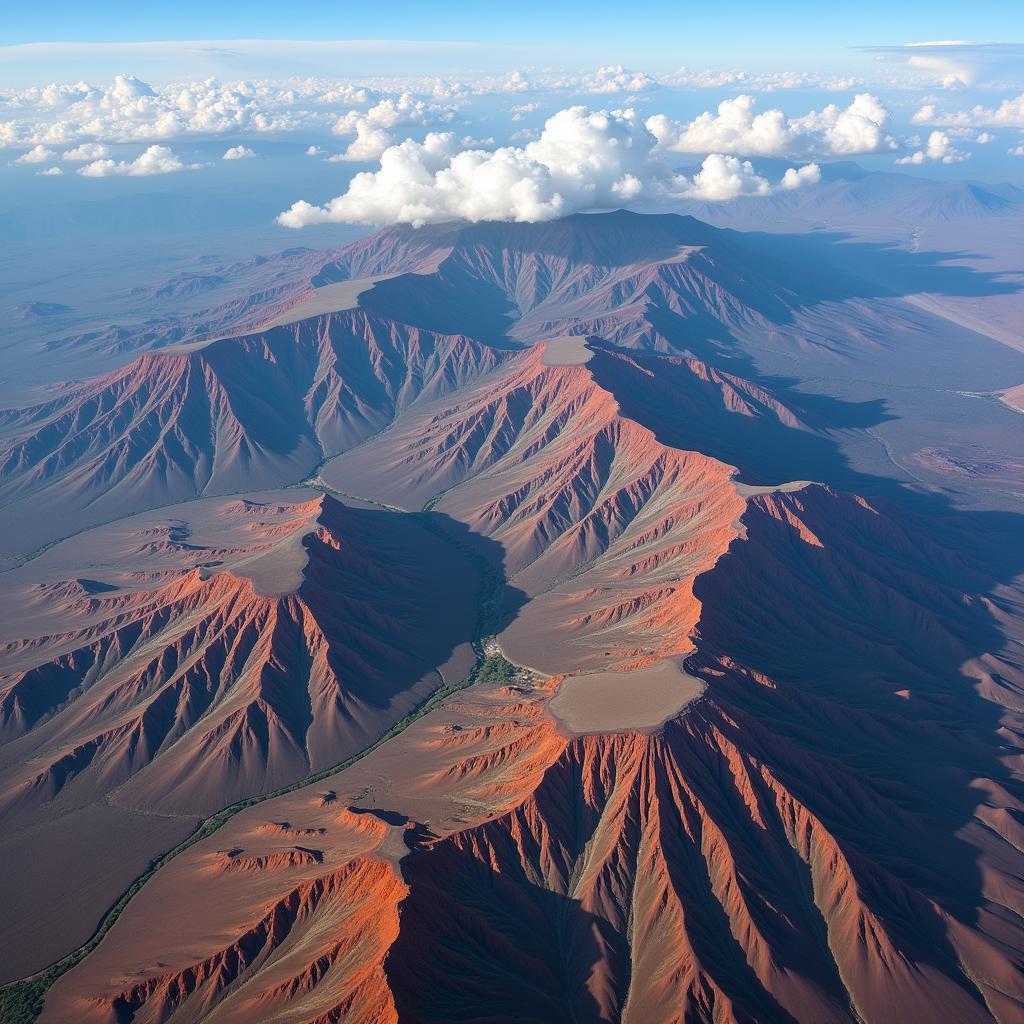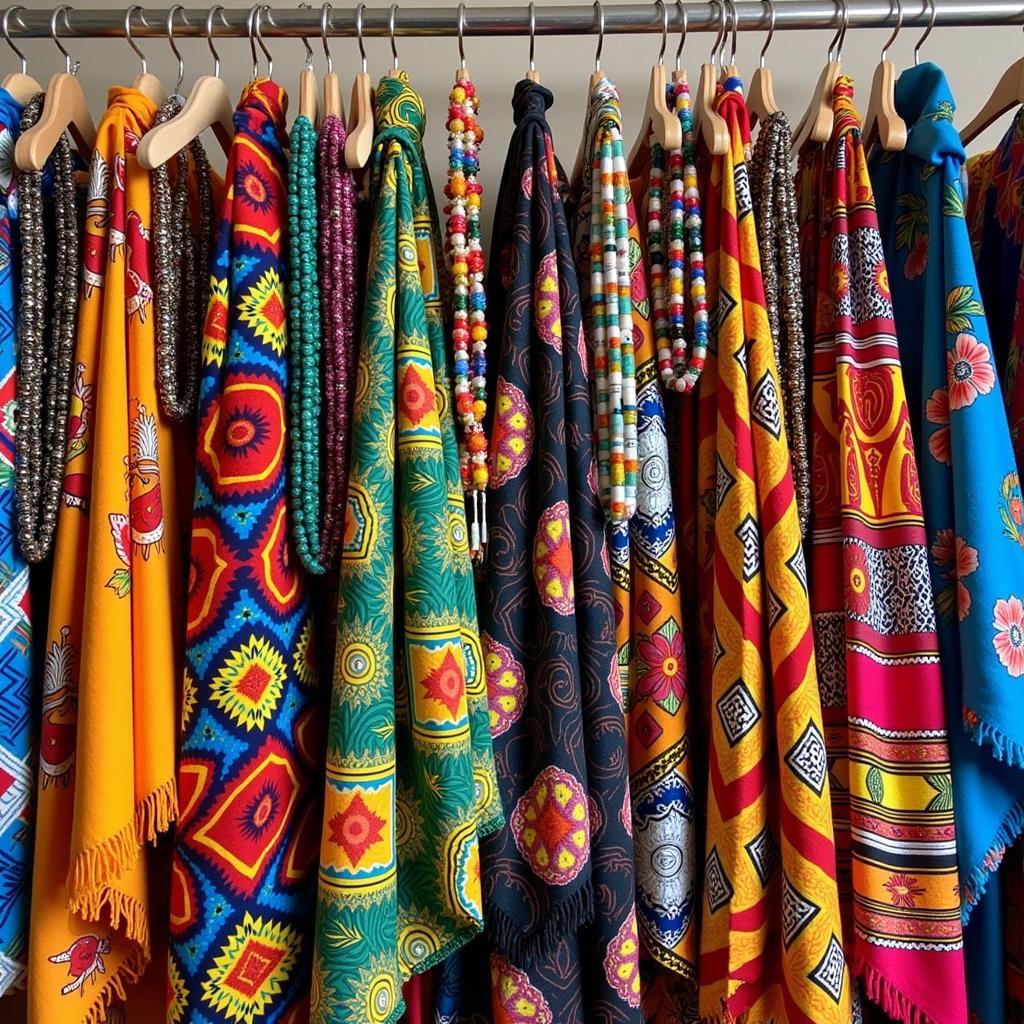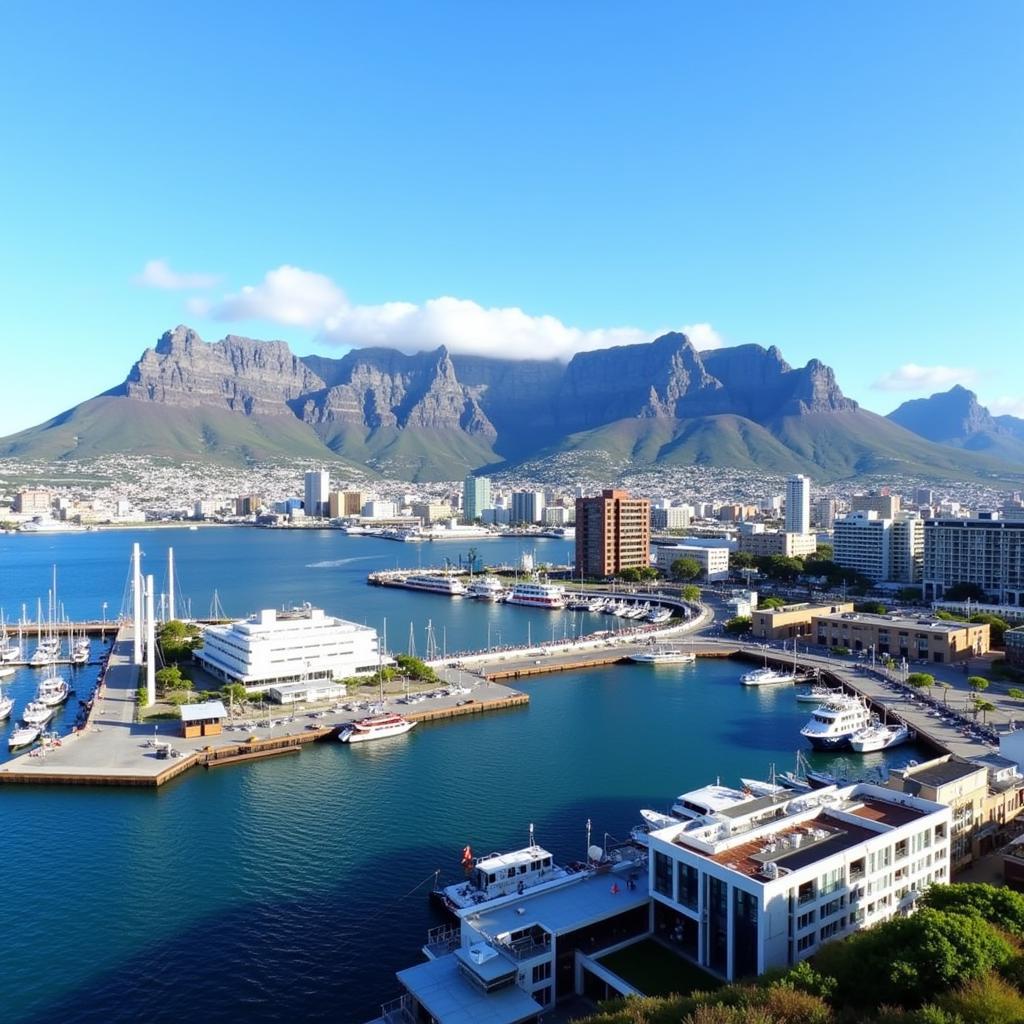African Countries and Their Nationalities in French
Learning the French names of African countries and their nationalities is a valuable asset for anyone interested in Francophone Africa. This guide provides a comprehensive list of African Countries And Their Nationalities In French, exploring the linguistic and cultural connections between Africa and France.
Exploring Francophone Africa
Many African nations share a historical link with France, resulting in French becoming an official or widely spoken language. This linguistic connection has significantly influenced culture, education, and politics across the continent. Understanding the French names for African countries and their nationalities is essential for navigating this rich and diverse cultural landscape. african country togo What are some of the cultural impacts of French language in Africa? French has influenced literature, music, and even culinary traditions in many African countries, leading to a unique blend of African and French cultural expressions.
Why Learn African Nationalities in French?
Knowing the correct French terms demonstrates respect and cultural sensitivity, enhancing communication and fostering stronger relationships with Francophone Africans. It’s particularly useful for travelers, students, and anyone working in international relations or business.
What are the benefits of knowing these terms?
- Improved communication with Francophone Africans.
- Demonstrates cultural awareness and respect.
- Enhances understanding of African history and culture.
- Useful for travel, business, and international relations.
A Comprehensive Guide to African Countries and Nationalities in French
This table provides the French names of African countries and their corresponding nationalities for both masculine (masc.) and feminine (fem.) forms.
| Country (English) | Country (French) | Nationality (Masc.) | Nationality (Fem.) |
|---|---|---|---|
| Algeria | Algérie | Algérien | Algérienne |
| Benin | Bénin | Béninois | Béninoise |
| Burkina Faso | Burkina Faso | Burkinabè | Burkinabè |
| Burundi | Burundi | Burundais | Burundaise |
| Cameroon | Cameroun | Camerounais | Camerounaise |
| Central African Republic | République centrafricaine | Centrafricain | Centrafricaine |
| Chad | Tchad | Tchadien | Tchadienne |
| Comoros | Comores | Comorien | Comorienne |
| Democratic Republic of the Congo | République démocratique du Congo | Congolais | Congolaise |
| Republic of the Congo | République du Congo | Congolais | Congolaise |
| Côte d’Ivoire | Côte d’Ivoire | Ivoirien | Ivoirienne |
| Djibouti | Djibouti | Djiboutien | Djiboutienne |
| Egypt | Égypte | Égyptien | Égyptienne |
| Gabon | Gabon | Gabonais | Gabonaise |
| Guinea | Guinée | Guinéen | Guinéenne |
| Madagascar | Madagascar | Malgache | Malgache |
| Mali | Mali | Malien | Malienne |
| Mauritania | Mauritanie | Mauritanien | Mauritanienne |
| Morocco | Maroc | Marocain | Marocaine |
| Niger | Niger | Nigérien | Nigérienne |
| Rwanda | Rwanda | Rwandais | Rwandaise |
| Senegal | Sénégal | Sénégalais | Sénégalaise |
| Seychelles | Seychelles | Seychellois | Seychelloise |
| Togo | Togo | Togolais | Togolaise |
| Tunisia | Tunisie | Tunisien | Tunisienne |
african communities of manitoba
Common Mistakes to Avoid
Be mindful of the gendered nature of French adjectives. Using the correct masculine or feminine form is crucial for grammatical accuracy and shows respect for the language.
Dr. Aminata Diop, a renowned linguist specializing in Francophone African languages, emphasizes, “Understanding the nuances of gendered adjectives is essential for effective communication in French. It showcases not just grammatical proficiency but also cultural sensitivity.”
Conclusion
Mastering the French names of African countries and their nationalities is more than just a linguistic exercise; it’s a gateway to understanding the rich cultural tapestry of Francophone Africa. By embracing these terms, we demonstrate respect, foster stronger communication, and deepen our appreciation for the diverse cultures that shape this vibrant continent. Remember to practice regularly and utilize various resources to expand your knowledge of African countries and their nationalities in French. african country benin
Professor Jean-Baptiste Kambale, a historian specializing in Franco-African relations, notes, “Learning the French names of African countries and their nationalities is a valuable tool for anyone seeking to understand the historical and cultural connections between Africa and France.”
FAQ
- Why are there masculine and feminine forms for nationalities in French? French, like many Romance languages, assigns a gender to nouns, which affects the form of adjectives describing them.
- Where can I find more resources for learning French? Numerous online resources, language learning apps, and textbooks are available for learning French.
- Is French spoken in all African countries? No, French is primarily spoken in countries that were formerly French colonies.
- How can I improve my pronunciation of French nationalities? Listening to native speakers and practicing pronunciation regularly is key to improving.
- What are some common greetings in French used in Africa? Common greetings include “Bonjour” (Good morning/day), “Bonsoir” (Good evening), and “Salut” (Hi/Hello).
- Are there regional variations in French spoken across Africa? Yes, just like other languages, French spoken in Africa has regional variations in vocabulary, pronunciation, and grammar.
- Is it important to learn the correct gendered forms? Yes, using the correct gendered forms demonstrates respect and improves communication.
Need further assistance? Contact us at Phone: +255768904061, Email: kaka.mag@gmail.com, or visit our office at Mbarali DC Mawindi, Kangaga, Tanzania. Our customer support team is available 24/7.



